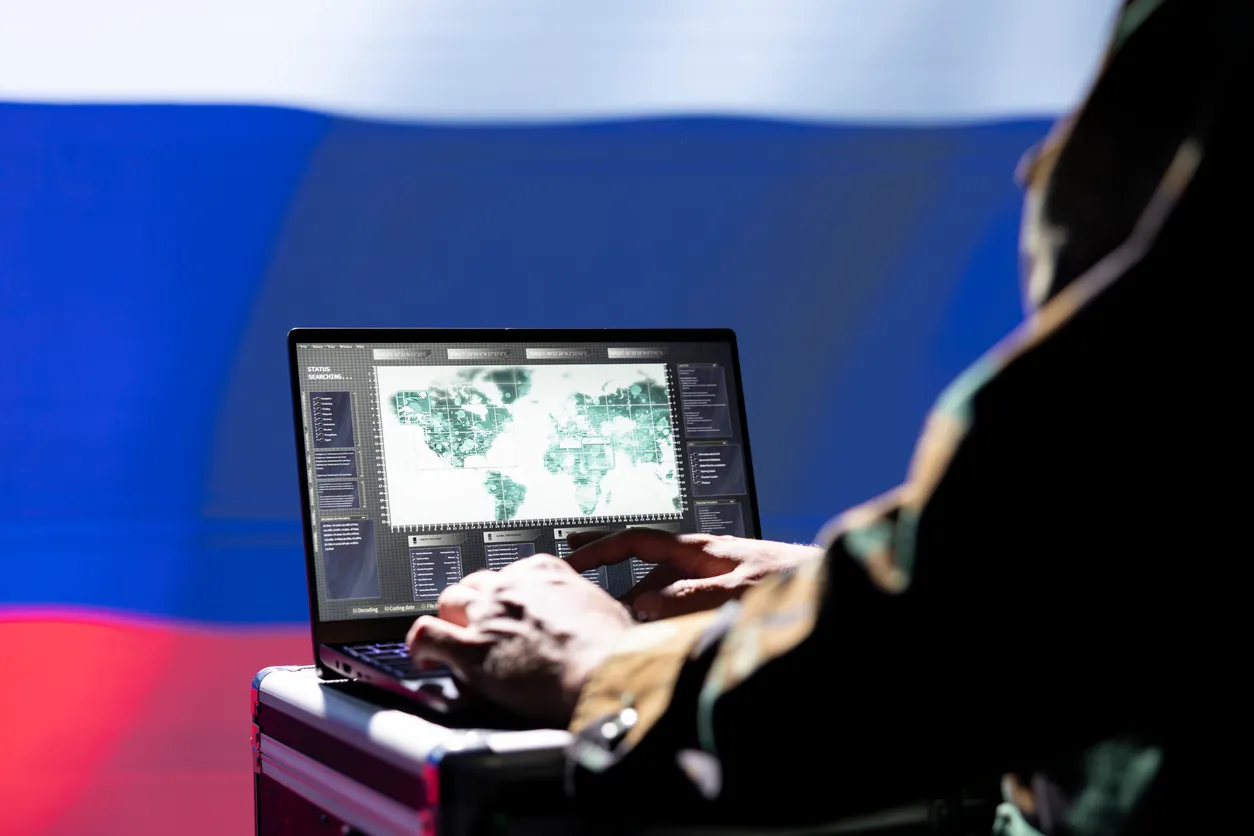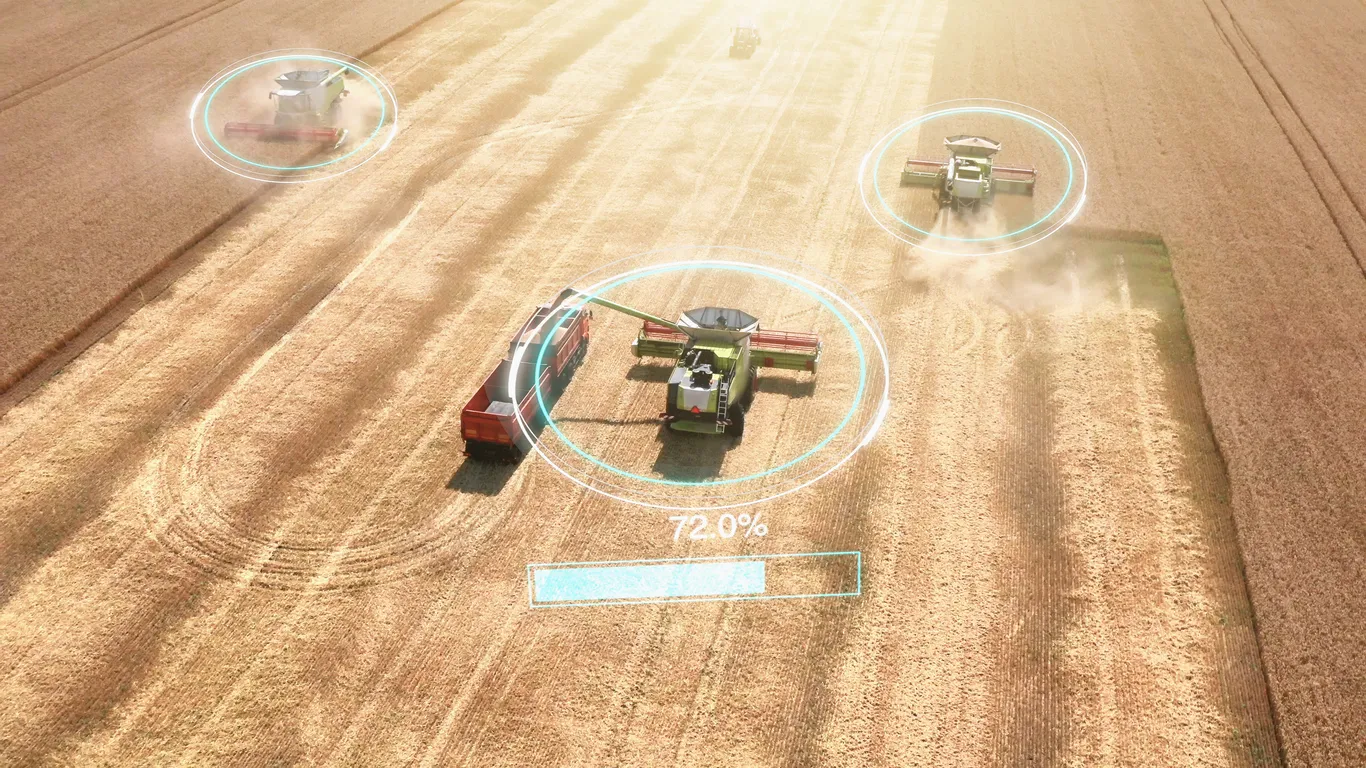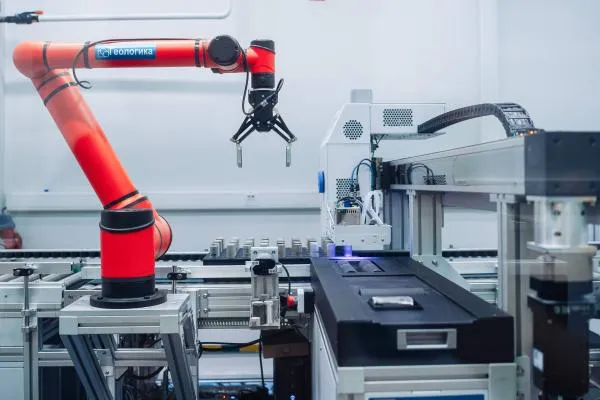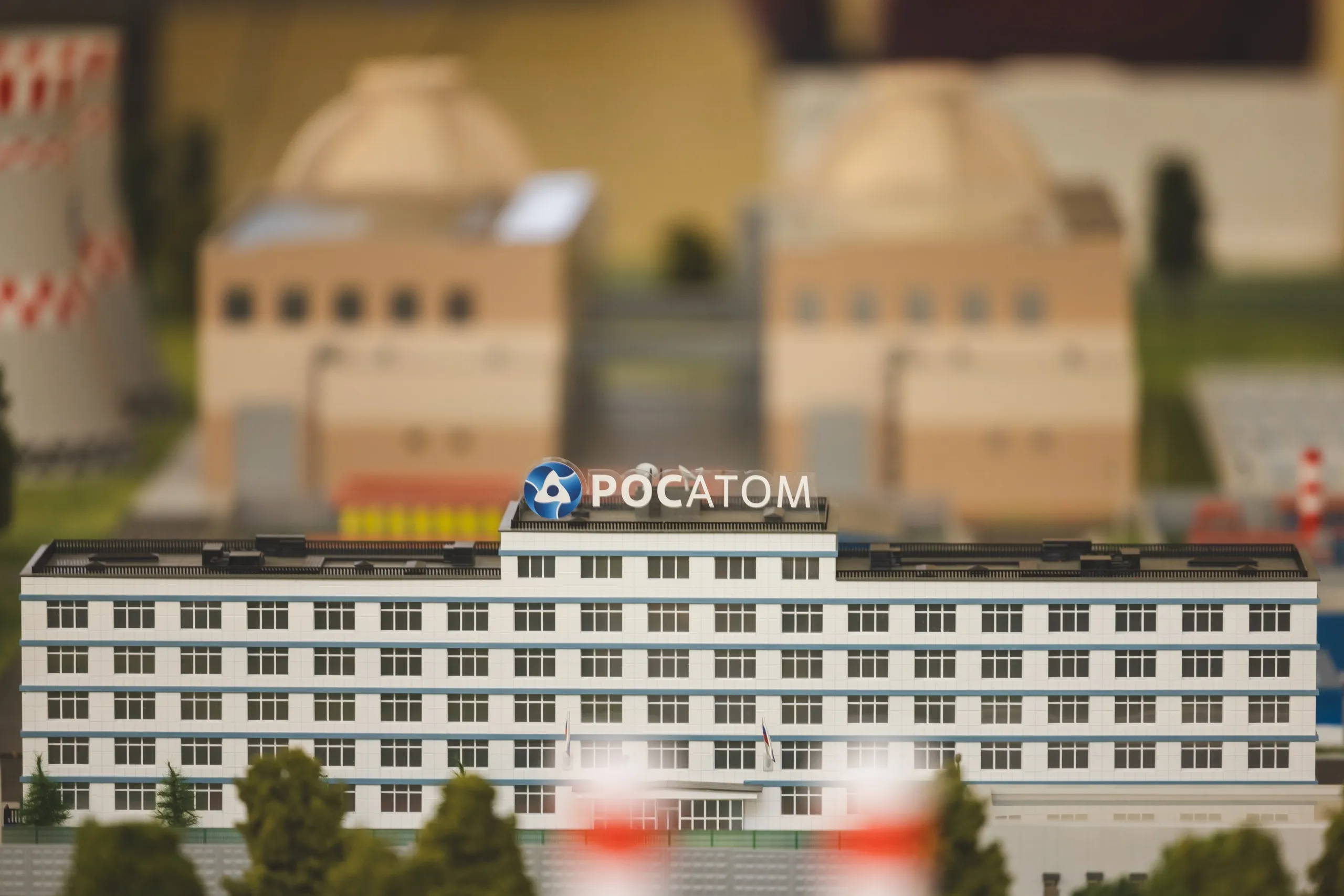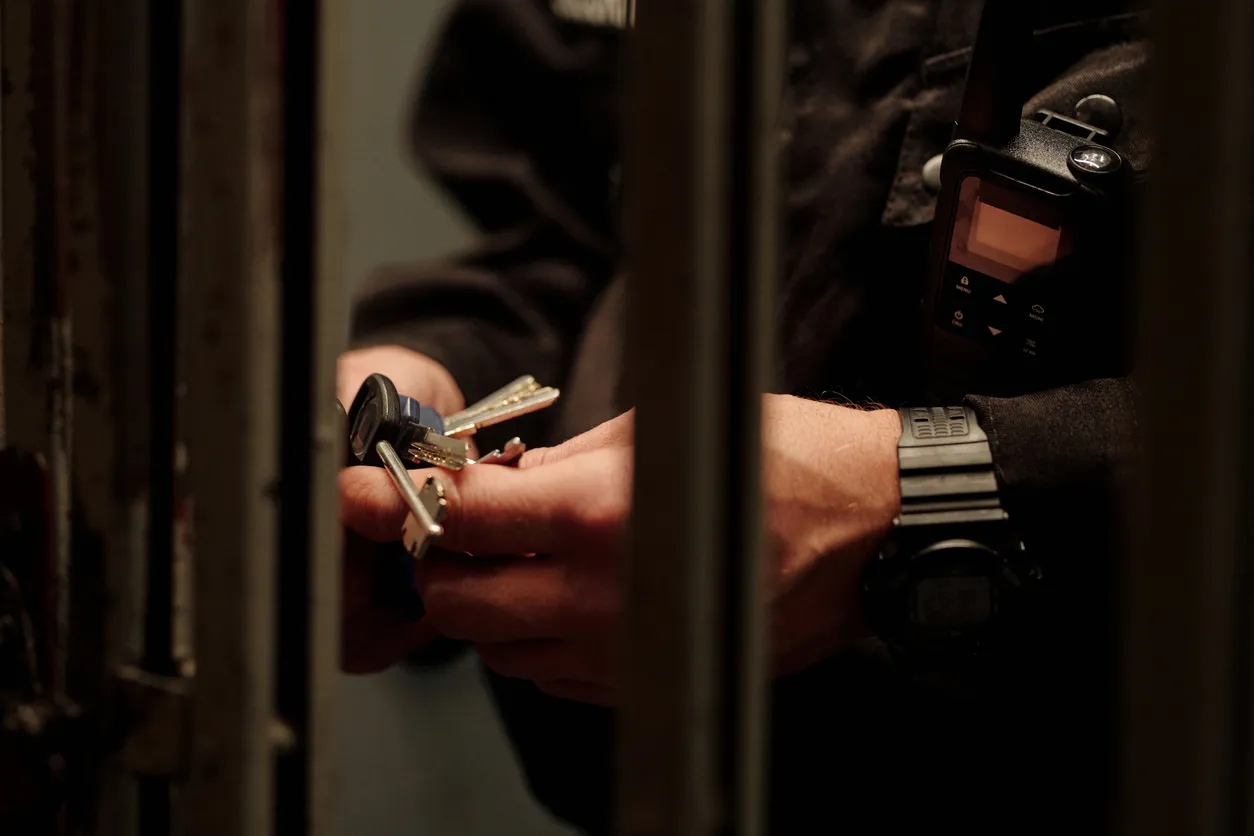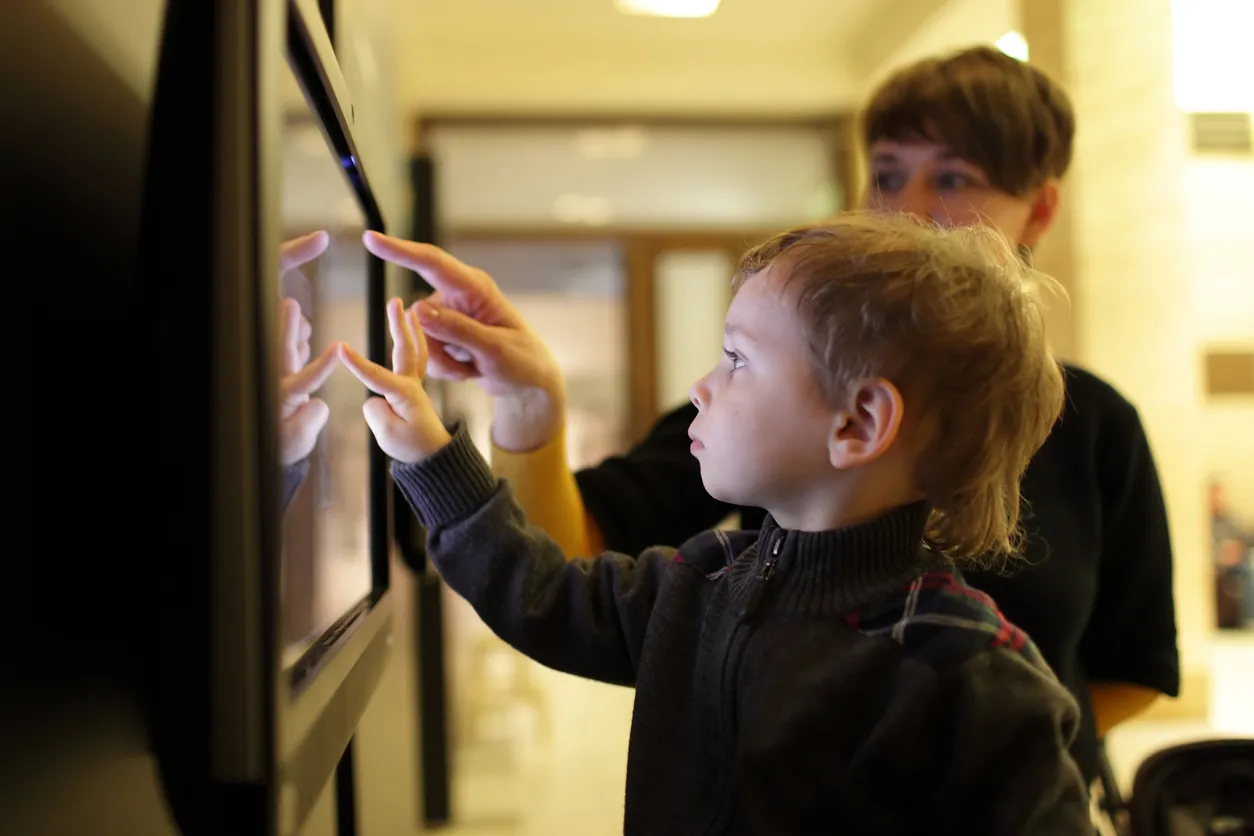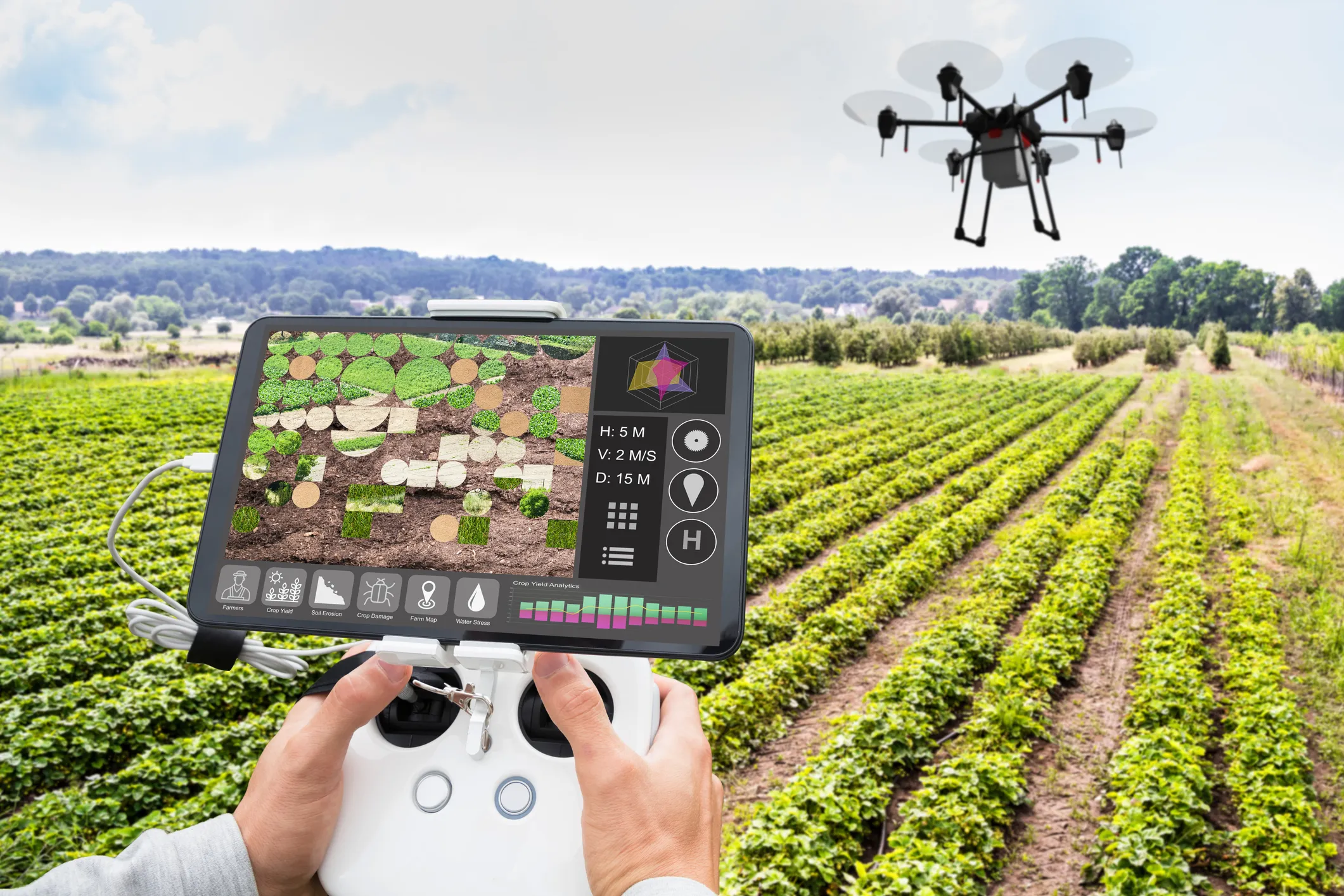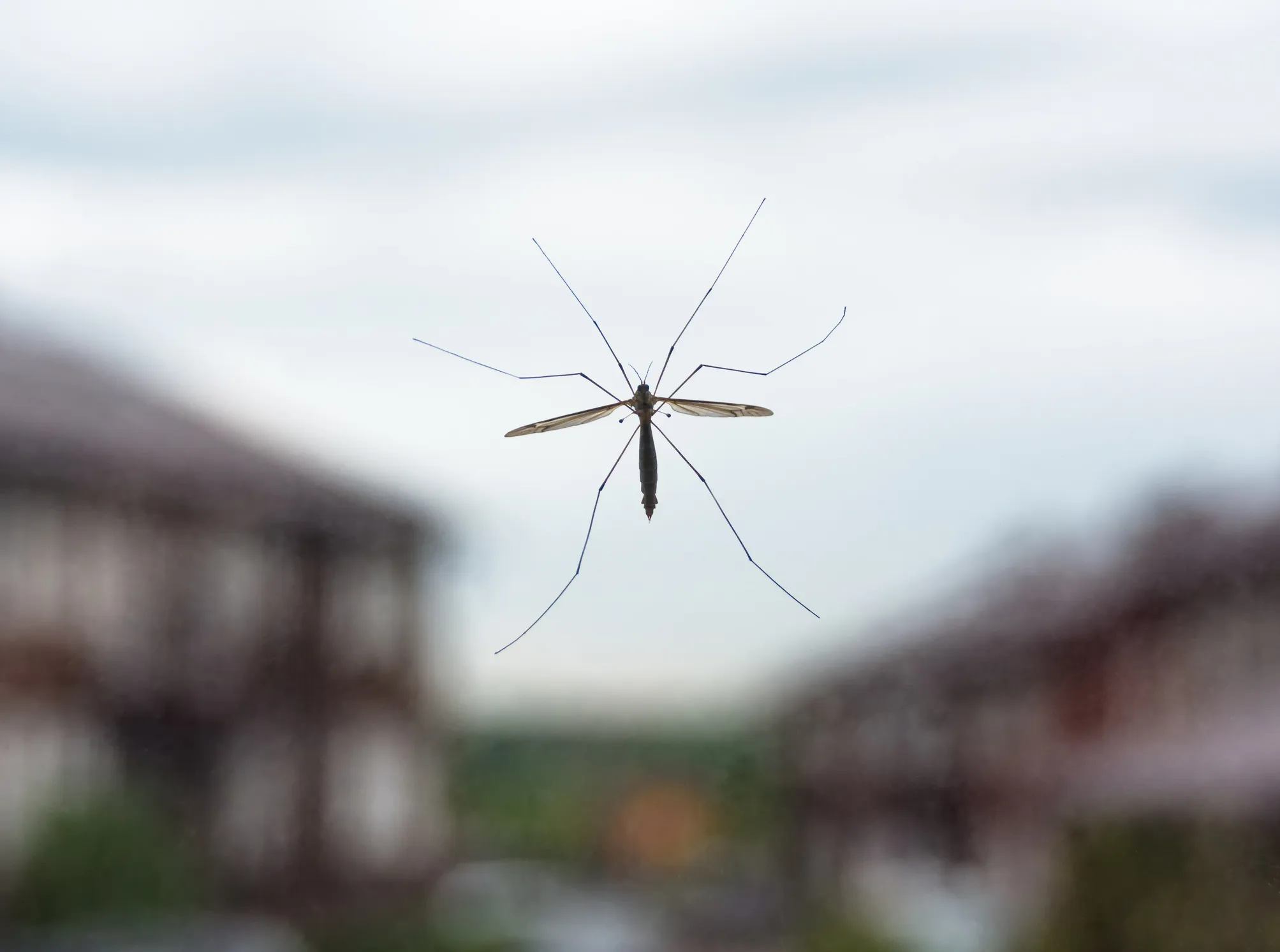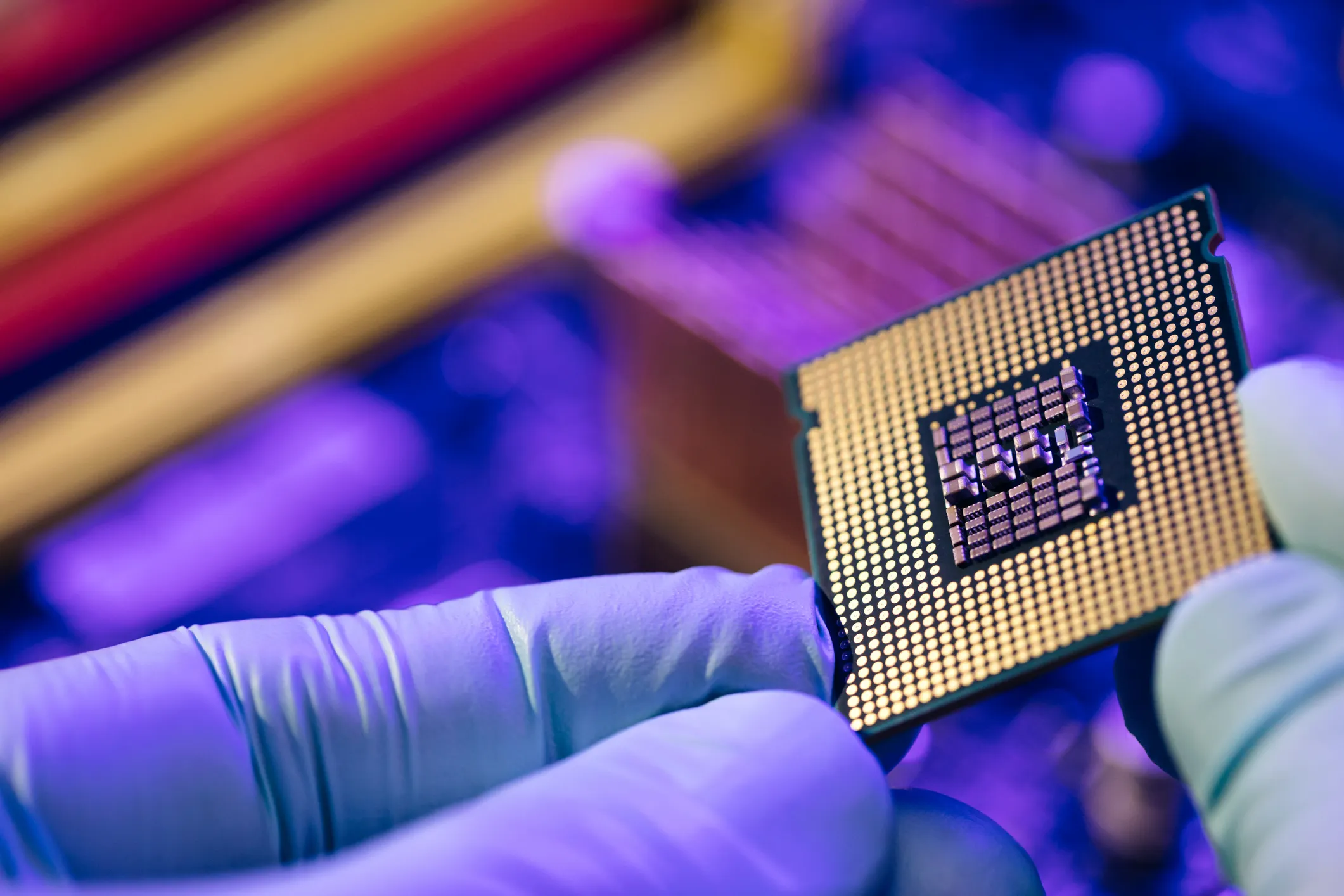Russia Is Going Full Digital on Science Docs — Foreign Degrees Included

New state tech upgrade aims to streamline recognition of diplomas, boost R&D access, and cut red tape for scientists
Russia is rolling out a digital shake-up in science and higher education that could make bureaucracy a thing of the past — at least for researchers. Prime Minister Mikhail Mishustin has announced a major overhaul of how the country handles academic credentials and scientific data, with a key focus: go paperless, go fast.
One of the biggest wins? Russians with foreign academic degrees will soon be able to apply for official recognition entirely online. No more paper trails or ministry visits — just a few clicks through the government’s digital services portal. The same applies to getting housing certificates for scientists and applying for tax breaks tied to research projects.
It’s all part of an updated six-year strategy to digitally transform the state’s science and education infrastructure. Central to the plan is shifting the national academic certification system to a registry-based model — meaning streamlined access, faster processing, and fewer bureaucratic choke points.
Organizations will also benefit. Research institutions can now apply for R&D tax incentives directly through the portal, making their interactions with government smoother and more transparent.
But it doesn’t stop there. Russia’s national science data system — a vault of the country’s research output and experimental designs — is getting an upgrade too. Soon, companies will be able to tap into this trove to find ready-made solutions for real-world applications, slashing duplication costs and accelerating innovation.
Bottom line: the future of Russian science is digital-first, streamlined, and optimized for both speed and scale.







